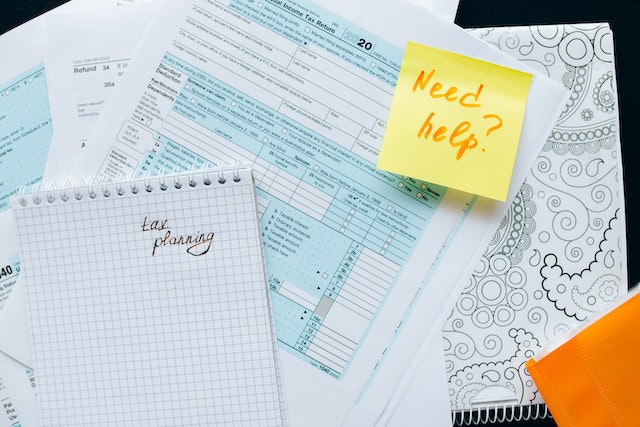What are TheTax Issues When Converting a Rental to Your Personal Residence

Real estate transactions can have significant tax implications in Nevada, and converting a rental property into your personal residence is no exception.
While this shift might seem straightforward, it can trigger a series of tax considerations that property owners in Nevada must be aware of.
In this article, we will delve into the various tax issues that arise when converting a rental property to your personal residence and explore the strategies you can employ to navigate these complexities.
Understanding the Conversion Process
Converting a rental property to your personal residence involves a change in the property’s use, which can lead to changes in tax treatment. Typically, rental properties are subject to different tax rules than primary residences. When converting a rental property to your personal residence, the process involves several key steps:
Cease Rental Activities: First, you need to halt any rental activities on the property. This includes finding new accommodations for tenants and stopping the collection of rent.
Change of Use: Inform the relevant tax authorities of the change in property use. This step is crucial, as it marks the beginning of the transition from a rental property to your primary residence.
Residency Requirements: To qualify for certain tax benefits associated with a personal residence, you may need to meet residency requirements, such as residing in the property for a specified period.
Tax Implications and Considerations
Capital Gains Tax
Converting a rental property to your primary residence can trigger capital gains tax implications. When you sell your primary residence, you can typically exclude up to a certain amount of capital gains from taxation.
However, if the property was previously used as a rental, a portion of the gain might not qualify for the exclusion. Consult a tax professional to determine the tax impact on the capital gains resulting from the conversion.
Depreciation Recapture
Rental properties often involve claiming depreciation deductions over time. When you convert a rental property to your personal residence, you might need to recapture a portion of the previously claimed depreciation.
This recaptured depreciation is generally subject to a higher tax rate than capital gains. Understanding how this depreciation recapture affects your tax liability is essential.
Loss of Rental Deductions
As a rental property owner, you can deduct expenses related to the property, such as mortgage interest, property taxes, and maintenance costs. Upon conversion to a personal residence, these deductions might no longer be available. Consider the potential impact on your overall tax situation and budget accordingly.
Mortgage Interest Deduction
The deductibility of mortgage interest differs for rental properties and primary residences. While mortgage interest on a primary residence is often deductible, this might not be the case for a converted property. Review the applicable tax laws to understand the implications for your situation.
Strategies for Mitigating Tax Issues
Plan Ahead
The decision to convert a rental property to your personal residence should be made after careful planning. Consider the financial impact, potential tax liabilities, and the duration of residency required to qualify for tax benefits.
Partial Conversion
If you are hesitant about losing certain tax benefits, consider a partial conversion. You could convert a portion of the property while retaining a rental unit. This approach allows you to enjoy some tax advantages while continuing to generate rental income.
Timing
The timing of the conversion can affect your tax liability. Consider the current market conditions and the potential impact on capital gains or losses. Consulting with a tax professional can help you make informed timing decisions.
Rent Out a Portion
In some cases, homeowners choose to rent out a portion of their property while living in another part. This “mixed-use” scenario can create a more balanced tax situation, as you can still claim rental deductions for the rented portion while enjoying tax benefits as a resident.
Seek Professional Advice
Given the intricate tax implications, seeking advice from tax professionals and real estate experts is crucial. A certified tax advisor can help you understand the nuances of tax law and develop a strategy tailored to your financial goals.
Conclusion
Converting a rental property to your personal residence is a significant decision with far-reaching tax consequences.
The process involves navigating issues related to capital gains, depreciation recapture, loss of deductions, and more. While there are strategies available to mitigate these tax issues, it is essential to approach the conversion process with careful planning and expert guidance.
By understanding the implications and seeking professional advice, property owners can make informed choices that align with their financial objectives and help minimize potential tax liabilities.
